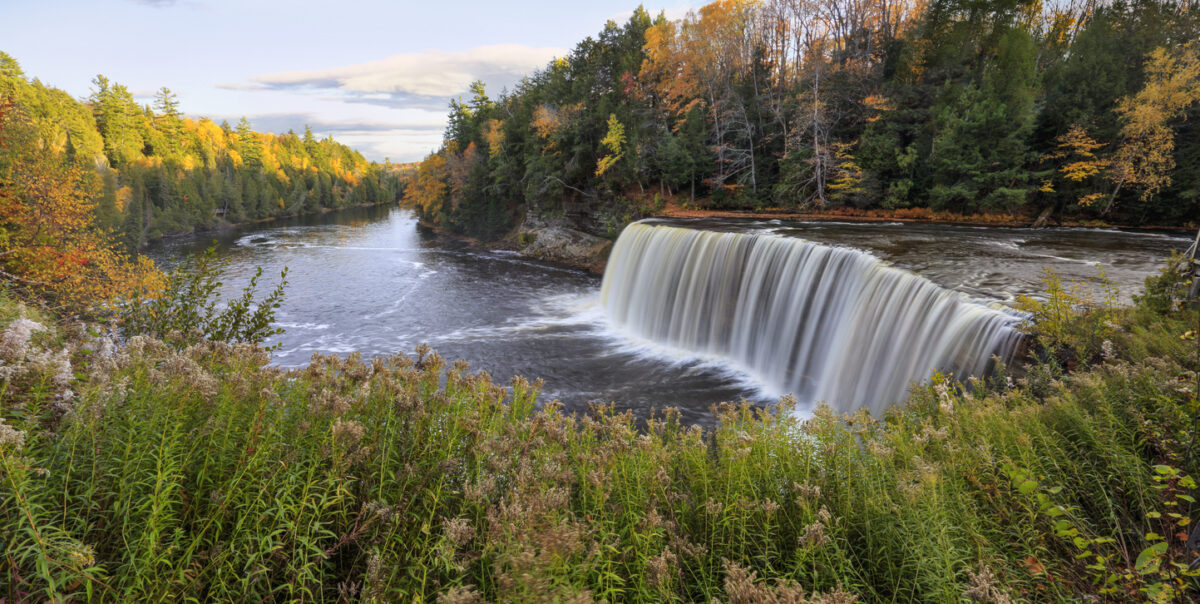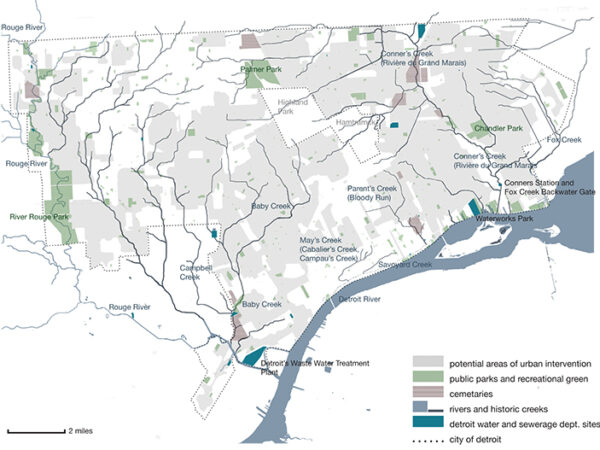Overview:
-In Michigan, the impacts of climate change are becoming undeniable, affecting everything from outdoor activities to environmental health.
-Shorter winters and hotter autumns are raising concerns among residents.
-Educating communities and taking action are crucial steps in addressing this pressing issue.
Although people tend to think that a place like Michigan is climate-exempt, as in, we don’t get the “extreme” weather events the Southern United States does with hurricanes, or the Southwest with its droughts and wildfires, it is definitely time to rethink this stance.
I grew up bi-peninsular, meaning I lived between Grand Rapids and Marquette, where my father’s family is from. Although I wasn’t initially interested in the field of environmental justice, I have consistently found myself growing concerned about the state of our state.
As an avid outdoorswoman and an individual with indigenous Sami heritage, I’ve grown accustomed to spending time in the wonderful water-centric land that Michigan’s two beautiful peninsulas encapsulate.
I’ve done research on invasive aquatic species, I’ve befriended farmers who share devastating news of crop concerns with changing weather patterns, and I’ve witnessed in my pursuit of time spent outdoors the effects of climate change on our wonderful freshwater haven.
I’ve traveled extensively across Michigan for my outdoor pursuits of kayaking,
hiking, fishing — you name it. I’ve witnessed an extremely drastic change from what I experienced as a youth, from West Michigan’s “lake effect” snow piles being reduced to barely present ground cover, to the disappearance of lake ice in the Upper Peninsula and reduced opportunity for ice fishing.
Those who have spent the majority of their lives experiencing cold in Michigan’s winters
might view it as a welcome change. Yet it is not easy for many in my generation to
experience the vanishing of our winters year after year. I am aware there are still storms such as the polar vortexes we occasionally get, but regular snow is becoming less and less frequent. And we are the ones causing it.
Lessons from Grand Rapids climate program
In 2022, spurred by my growing concern about climate change, I joined a climate justice effort in Grand Rapids. Aptly named the Community Collaboration on Climate Change, this organization ushered in a whole new experience for me on the advocacy front as I joined its ranks as a “C4 Ambassador.”
I found myself meeting with senators and state representatives, as well as other elected officials, to forge new means of climate justice within the Grand Rapids community. I was placed in charge of a $5,000 minigrant, which I used to create a native plant garden on the lawn of an affordable housing cooperative. I paid the residents of the co-op to work in the garden, and their lawn transformed into a wonderful place to be.
Although this grant-funded program completed its course in January of this year, I have learned a lot through the organization’s efforts to become a prominent group of advocates in Michigan.
I witnessed other C4 Ambassadors use their minigrants to support community projects that otherwise would have gone unsupported, such as a pocket forest at a local church in an inner city neighborhood, and a compost and recycling program at a local elementary school.
These other projects were funded by the involvement of other C4 Ambassadors, who are regular citizens of Grand Rapids, just like me.
Climate change isn’t going to resolve itself. We need the efforts of local residents to stand up for climate justice, and it is something as simple as getting involved as a volunteer and/or active citizen.
Educating oneself in the name of climate change and sharing information about its
effects on local communities can go a long way. Though C4 is just now forming into a nonprofit, its efforts so far have not gone unnoticed.
Let’s work together to preserve Michigan’s environment
Climate change is on the forefront of all things political: it affects every aspect of our lives. The increased flooding that Michigan experiences, the longer and hotter autumns we witness year after year, and expanded, increased inland drought conditions are all becoming part of the story that makes up the narrative of Michigan residents.
It is predicted the climate in Grand Rapids will become similar to what current Memphis, Tennesee conditions are like in the decades ahead. People are fleeing to Michigan because it is a climate haven — but climate change is here now.
Our winters grow shorter and our dry season longer. We will not witness the extended ski season at Boyne Mountain and we will not experience the changing of leaves if they are too dry to change color. It is now more important than ever to consider the important need for stewardship, for advocacy, and for finding friends in elected officials who represent our views as people who don’t want to become climate displaced ourselves.
This is why it is imperative that we continue to work together to usher in a new era of climate resiliency and responsiveness. If we do not prepare now, then we will not have much of a worthwhile future.
Please consider writing to your senators, writing an op-ed, or participating in local climate groups. Monetary donations to local organizations are always wonderful, but consider donating your time. If we continue to pursue the preservation and conservation of the Michigan we know and love, it is important to make a continued effort. I understand that climate work can be exhausting, and I always encourage climate advocates to take breaks.
It is important that we continue to acknowledge how we can contribute to making a genuine difference in this world – even if it is by the smallest actions.
Abby Carlson is a proud bi-peninsular Michigander of indigenous Sami descent. She spends her free time with her dog, friends, and hiking whenever she gets the chance.
MORE PLANET DETROIT VOICES
VOICES: Biden-Harris team tackles Michigan’s urgent water safety issues
The Biden-Harris Administration addresses Michigan’s water safety, passing laws to replace lead pipes and investing in infrastructure, while former President Trump cut clean water funding and rolled back environmental protections.
VOICES: On the lost opportunities for building a sustainable hydrologic system in Detroit
Mary Wright and her neighbors in Boston Edison face flooding from inadequate sewer drains, as architects and city officials work to address the city’s flooding issues.
VOICES: For jobs and survival, Michigan needs community solar now
Michigan lawmakers are considering Senate Bills 152 and 153 to enable community solar, allowing all residents to access clean, affordable, and reliable energy, regardless of income or housing status, and creating thousands of jobs in the state.




